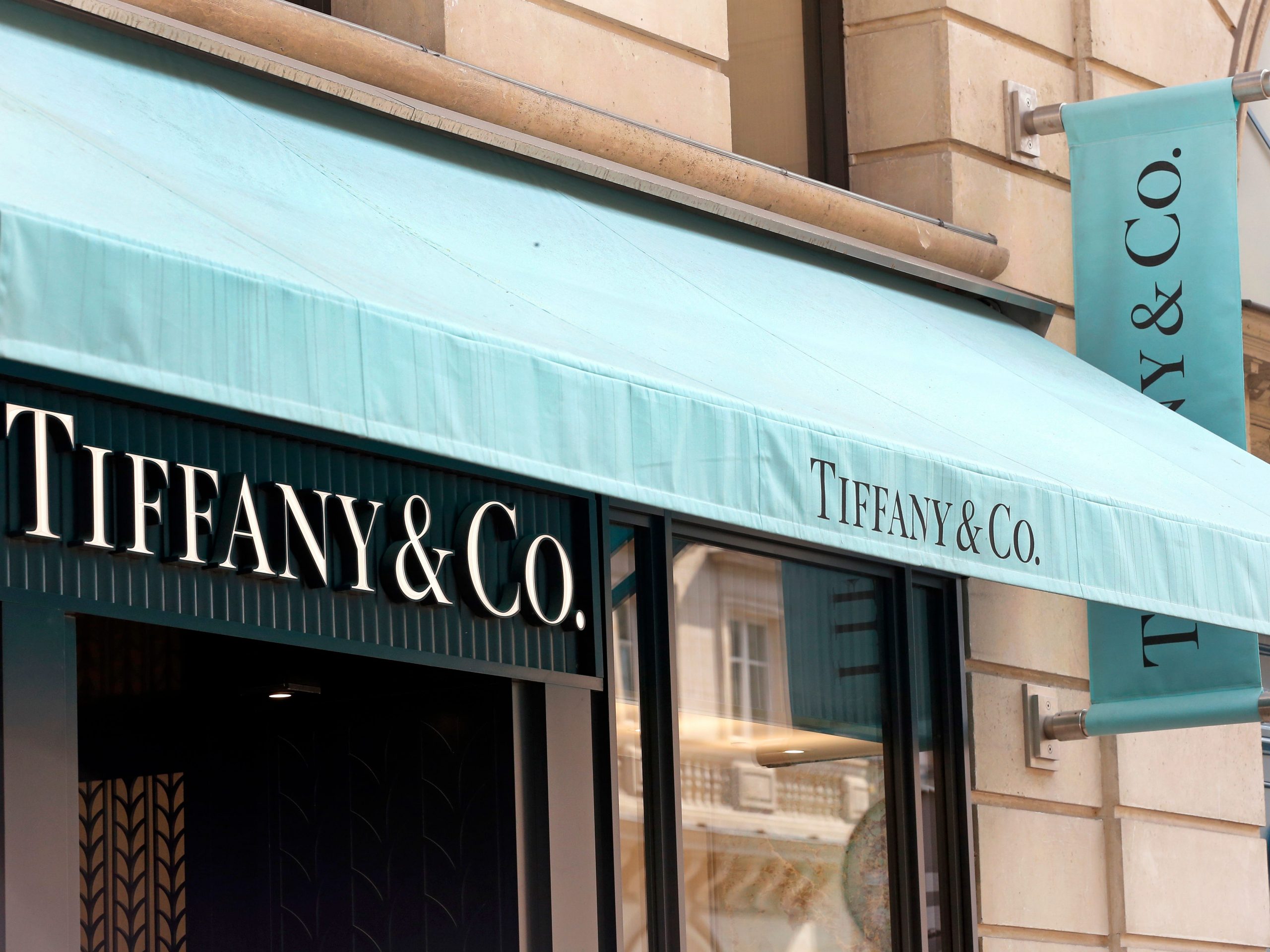
- US jeweler Tiffany & Co posted a 1% fall in net sales, to $1.01 billion, in the third quarter. Wall Street analysts had expected a bigger drop.
- Demand in China soared as consumers who couldn’t travel to Europe made their luxury purchases at home instead.
- Tiffany said it remained optimistic for the holiday season, which is when jewelry sales traditionally spike.
- But new lockdowns in Europe and parts of the US could cause sales to drop.
- Visit Business Insider’s homepage for more stories.
Tiffany & Co, which is being bought by French luxury giant LVMH, beat Wall Street expectations for quarterly profit on Tuesday.
The US jeweler benefited from a more than 70% rise in sales in Mainland China and a partial recovery in demand at home.
The results bode well for the upcoming holiday season for the jeweler, as well as for other luxury retailers, which have been hit hard by the pandemic.
They also underscore the growing importance of sales within mainland China, where buyers are staying home rather than flying abroad to buy luxury goods.
The strong third quarter results “speak volumes about the enduring strength of the Tiffany brand and gives us confidence as we enter the important holiday season,” CEO Alessandro Bogliolo said, nodding to “the successful completion of the merger transaction with LVMH in early 2021.”
Tiffany and LVMH ended a bitter legal battle last month and agreed to a new deal that would see the French firm buy out the jeweler for $15.8 billion – $425 million less than initially agreed.
Tiffany said sales in the Asia-Pacific region rose 30%, while sales in the Americas region declined 16% – much smaller than the 46% drop seen in the preceding quarter.
The pandemic also forced the New York-based retailer to invest in its online business and to introduce curbside pick-up at certain stores. This helped e-commerce sales surge 92% in the quarter.
Best known for its diamond engagement rings, Tiffany could face more challenges ahead as COVID-19 cases are surging across the world, spurring Europe countries and some American states to go into another lockdown.
As of October 31, most of Tiffany's 320 retail stores worldwide were fully or partially opened, in accordance with local government guidelines, it said. But as Europe entered second lockdowns, the proportion of stores that remained open fell. By November 20, around 60% of Tiffany's retail stores in Europe were temporarily closed.
Analysts remain optimistic.
"Q3 results also reiterate our confidence that the Tiffany brand will continue to shine through the holidays," said CFRA analyst Camilla Yanushevsky.
Shares of the company were up marginally on low volumes in premarket trading.
Excluding certain items, Tiffany earned $1.11 per share, surging past the average expectation of 66 cents.
Tiffany's net sales fell about 1% to $1.01 billion in the third quarter ended October 31, but beat expectations of $980.71 million, according to IBES data from Refinitiv.
Its net earnings soared 52% to $119 million. Excluding some costs related to the LVMH merger, this would have been $136 million, or a 73% increase, Tiffany said.
